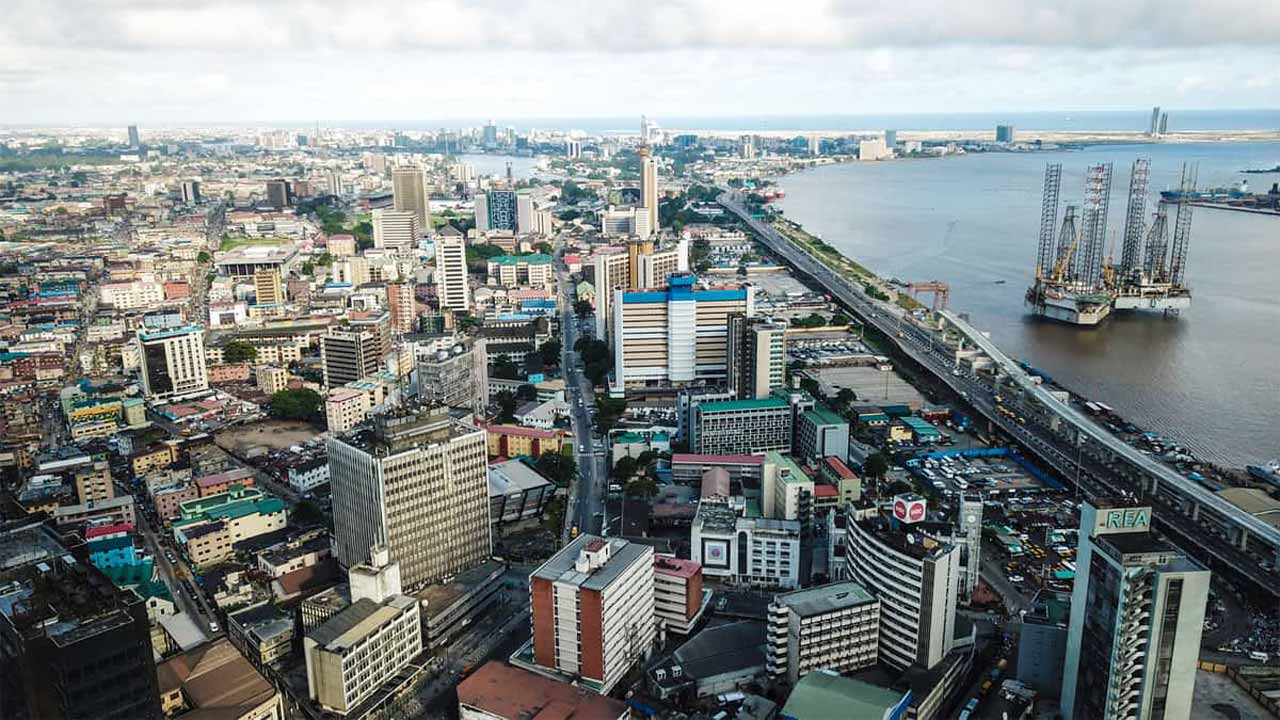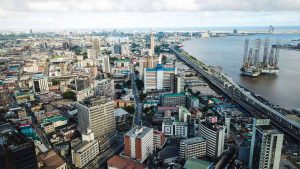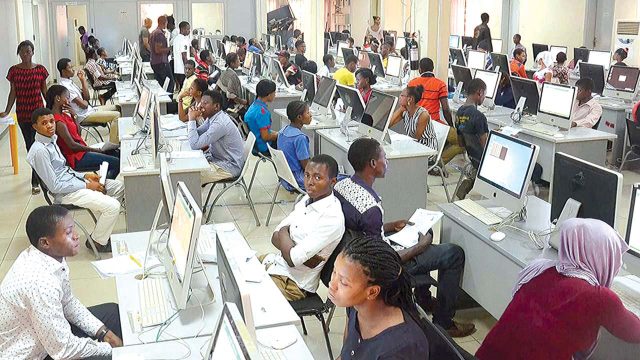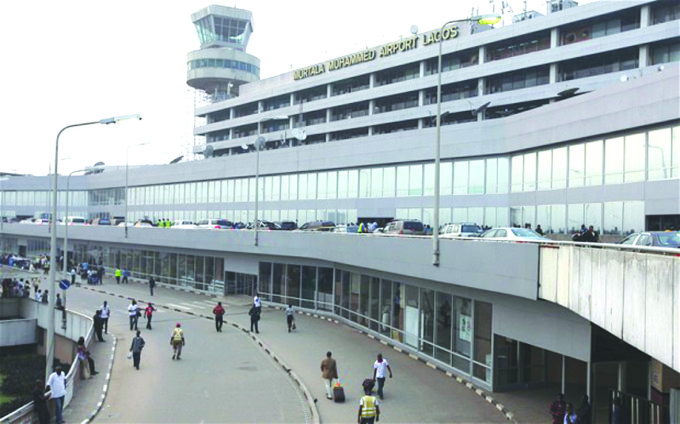A recent report by the Central Bank of Nigeria (CBN), states that the country’s quest to overcome growth and development challenges will remain a mirage as government continues to prioritise huge consumption above capital investments.
In November, the Federal Government spent 95.9 percent of its resources on statutory transfers (7.2 percent) and recurrent expenditure (88.7 percent), leaving a paltry 4.1 percent for capital projects.
According to the Economic Report released in November 2019, government’s budgetary projections sustained its pattern of shortfall by N218.05 billion. At N322.62 billion, the estimated Federal Government’s retained revenue for the month of November 2019 was below the monthly budget of N705.44 billion by 54.3 percent.
An analysis of the figure shows that the Federation Account and Value Added Tax (VAT) were 85.6 and 4.7 percent of the total retained revenue, respectively, while the Independent Revenue, Exchange Gain and Solid Minerals accounted for 8.3 percent, 0.2 percent and 1.2 percent, respectively.
Government expended N540.67 billion. This went below the monthly budget estimate of N865.31 billion by 37.5 percent, as well as the N776.87 billion recorded in the preceding month by 30.4 percent.The expenditure pattern shows that the recurrent expenditure took up N479.57 billion (88.7 percent), while capital expenditure got a paltry N22.16 billion (4.1 percent) and transfers took up N38.92 billion (7.2 percent) in the review period.
Of the recurrent expenditure, non-debt obligation (salaries) was N355.36 billion (74.1 percent) while debt service payments accounted for the balance of N124.2 billion (25.9 percent). Consequently, the fiscal operations of the Federal Government resulted in an estimated deficit of N218.05 billion, compared with the monthly budget deficit of N159.87 billion.
The Programme Officer, Public Finance Management, at the Centre for Social Justice, Fidelis Onyejegbu, said the imbalance between recurrent and capital expenditure (CAPEX) in budgeting does not align with the government’s economic recovery growth policy of attaining 30-35 per cent capital expenditure to total budget.
He explained: “The 2020 approved budget of N10.59 trillion, for instance, has a capital component of N2.78 trillion, representing 26.2 per cent of the total approved fiscal plan. This percentage could reduce if, for some reason, the total budget is not fully implemented.
“This was the case in the past years, even when the appropriated capital expenditure was up to 30 percent of the overall budget, like in 2018, when implementation was short. There is a huge personnel cost to be dealt with and there is also the issue of achieving the targeted revenue earnings, as projections in recent years have not been significantly met.” He suggested a study of the Oronsaye Committee Report on reducing the cost of governance with a view to implementing the recommendations contained therein.
The latest fiscal challenges took off as the estimated federally-collected revenue (gross) in the month of November 2019 fell to N858.92 billion, below both the monthly budget estimate of N1.246 trillion and the preceding month’s receipt of N894.09 billion by 31.1 per cent and 3.9 per cent, respectively.
The decline, relative to the monthly budget estimate, was attributed to shortfall in both oil and non-oil revenues, an indication of continued growth struggle, but mostly, dependence on crude oil. Oil receipt, at N489.08 billion or 56.9 percent of total revenue, was below both the monthly budget of N798.83 billion and the preceding month’s receipt of N577.30 by 38.8 percent and 15.3 percent, respectively.
Nigeria’s economy under siege over bad government choices -CBN report






